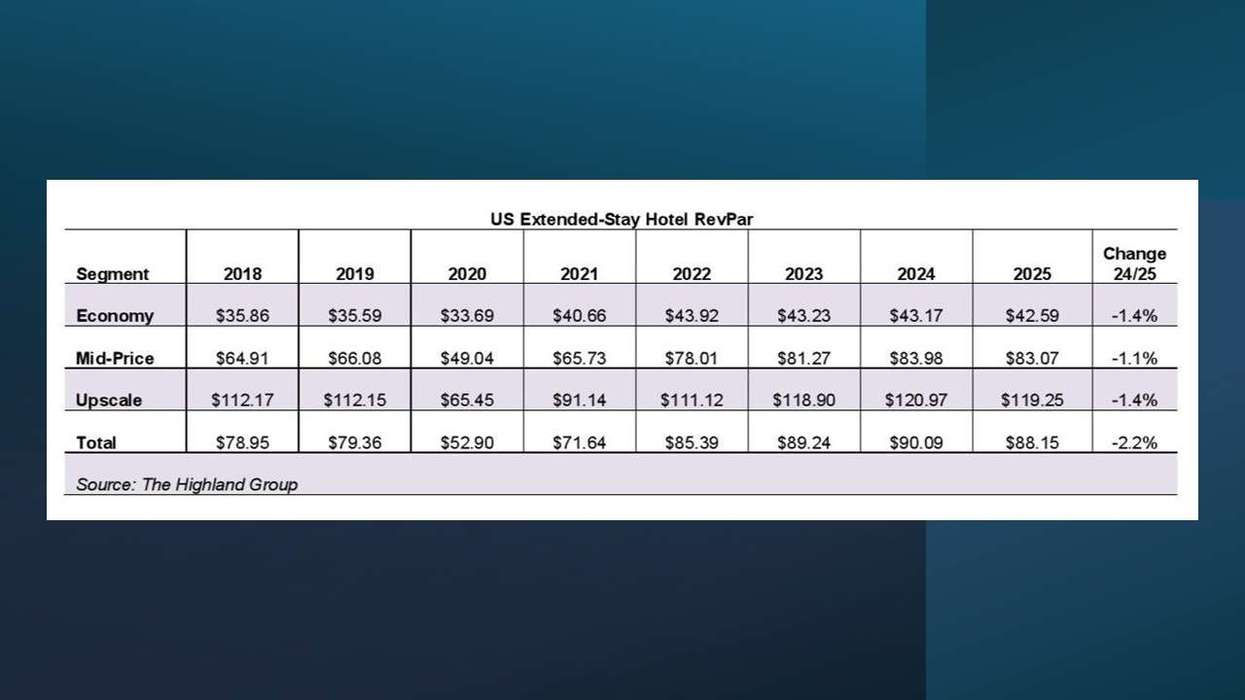THE PROPOSED FRANCHISE reform legislation in New Jersey that has driven a rift between AAHOA and several large hotel companies has stalled in the state’s legislature. AAHOA said it was misinformation that delayed the bill’s passage, while the American Hotel & Lodging Association said the bill “would have destroyed the hotel industry’s franchise model.”
It will return
Assembly Bill 1958 would make changes to the New Jersey Franchise Practices Act that could benefit the hospitality industry, AAHOA said previously. Specifically, the changes include restricting non-competes for longer than six months; prohibiting requiring a relocation or capital investment greater than $25,000 more than once every five years unless hotel franchisers can establish a return on the investment; requiring a franchiser that receives “any rebate, commission, kickback, services, other consideration or anything of value” to fully disclose them to the franchisee and turn them over to the franchisee; putting restrictions on mandatory sourcing of goods or resources; and prohibiting suspending, restricting or preventing access to franchise services.
The bill passed the state’s Assembly in May and was introduced to the Senate on June 1, where it was referred to the Commerce Committee and no further. Sources with the bill’s sponsors say they plan to reintroduce it in the next session. Assemblymen Raj Mukherji, Robert Karabinchak and Ronald Dancer sponsored the bill with Assemblyman William Spearman as a co-sponsor.
“The fair franchising bill has been stalled due to the ongoing propagation of misleading information by the opposition,” said Laura Lee Blake, president and CEO of AAHOA. “This includes untrue allegations that the bill poses a threat to the franchise model, limits the enforcement of brand standards, will lead to a discontinuation of loyalty points programs, and conflicts with federal trademark law.”
Blake said the New Jersey bill was drafted and supported by hoteliers in the state.
“The owners are heavily asset loaded, and seeking to secure laws that safeguard their NOI against the franchisers’ sometimes unscrupulous and overreaching practices,” Blake said. “AAHOA’s engagement has been to ensure meaningful laws are passed that are mutually beneficial for both franchisees and franchisers so the industry is protected for the long term. AAHOA remains committed to truthful and accurate discussions for the best legislative outcomes.”
A bullet dodged
AHLA in its statement essentially said the New Jersey hotel industry had dodged a bullet in failing to pass A1958. Chip Rogers, AHLA president and CEO, said the state’s senators had made the right choice in letting the bill lapse.
“The legislation would have severely limited hotels’ ability to enforce the quality, service, and safety guidelines guests know and trust. In doing so, it would have destroyed the hotel industry’s franchise model – a beacon of success that has created millions of jobs and helped thousands of Americans realize the dream of owning their own business,” Rogers said. “Moving forward, AHLA is committed to working with lawmakers to protect the hotel industry from similar legislation, which could drive well-known and respected hotels out of New Jersey and cost the state thousands of jobs.”
AHLA said the bill, if passed, would limit franchisers’ ability to enforce brand standards. It also could lead some hotel brands to discontinue their loyalty point programs in New Jersey and conflicted with federal trademark law and would have led to costly litigation between hotel brands and hotel owners.
At the beginning of 2023, Marriott International, Choice Hotels International and others withdrew their support for AAHOA over the association’s support for the New Jersey law.






